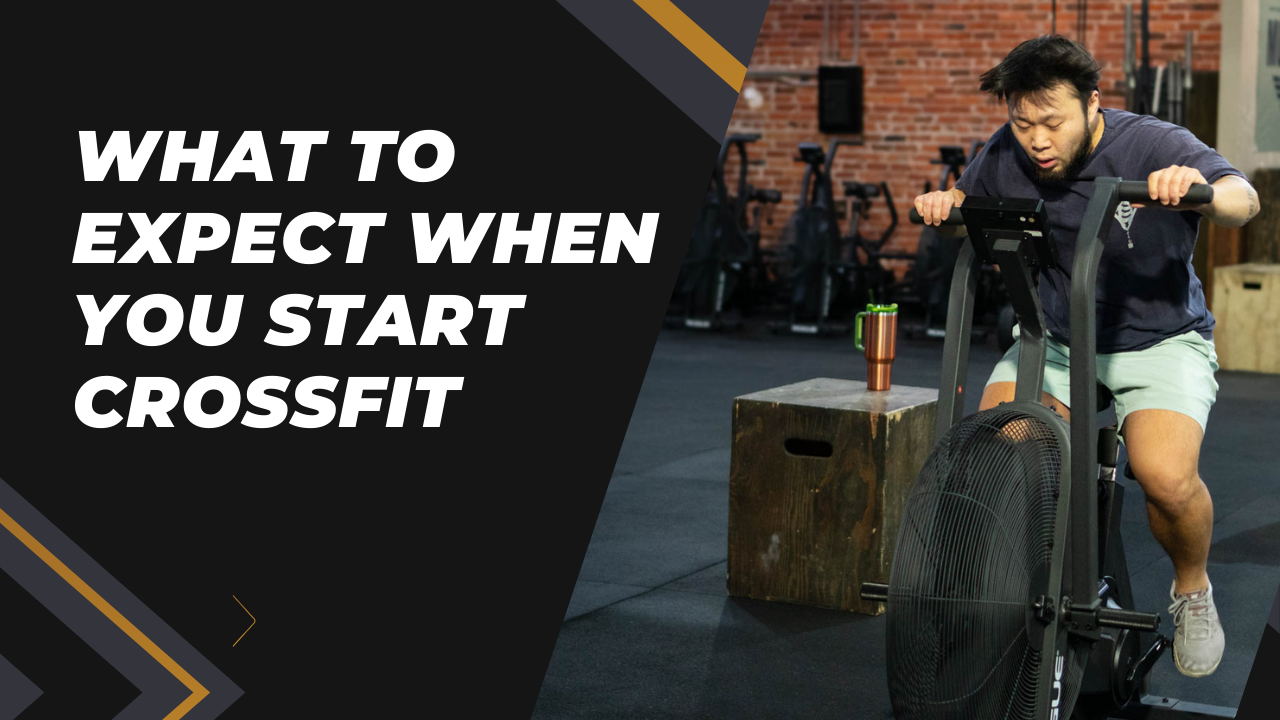Deadlifts are a traditional exercise in strength and conditioning regimens all over the world, known for their ability to develop muscle, increase strength, and improve overall fitness. Taller people, commonly described as those above 6 feet, may find the mechanics of doing a deadlift difficult due to their longer limbs and larger range of motion. This begs the question: Should tall individuals perform deadlifts? Let’s look at the pros, obstacles, and tweaks that might make deadlifts a useful exercise for taller lifters
Recognizing the Difficulties
Because tall persons typically have longer arms, legs, and torsos, the biomechanics of conventional lifts may change. This frequently results in a longer distance the bar must go from the ground to the locked-out position during a deadlift. In addition to increasing the amount of mechanical effort performed, this may put more strain on the lower back than someone who is shorter would.
Lever Length
When it comes to lifting, tall lifters may be at a mechanical disadvantage because longer limbs require longer levers. This is particularly true for the traditional deadlift, which increases the torque at the lower back since the body is more horizontal.
Motion Range
If left unchecked, a larger range of motion may make the lift more challenging and may cause form breakdown. To prevent damage, tall lifters must keep their spines strong and neutral during the lift.
Benefits of Deadlifts for Tall People
Even for tall persons, deadlifts are worth incorporating into a workout routine because of their many advantages.
Activation of the entire body
The glutes, hamstrings, lower back, core, and upper back are among the several muscular groups that are worked concurrently during a deadlift. They are therefore a very effective exercise for developing general strength and muscular mass.
Strength in Function
Many natural movement patterns that are essential to daily activities, like lifting and bending, are imitated by the deadlift. Strengthening these patterns can improve functional fitness and lower the risk of injury in day-to-day activities.
Hormonal Advantages
It has been demonstrated that lifting large weights, such as deadlifts, increases the synthesis of growth hormone and testosterone, two substances essential for both muscle growth and general wellness.
Adjustments for Higher Lifters
Taller people may need to adjust their technique in order to profit from deadlifting while lowering their risk of injury.
Deadlift Sumo
The sumo deadlift can limit range of motion and maintain a more upright torso because it places the hands within the legs and the feet farther apart. For people with longer legs, this adjustment is frequently more comfortable and can lessen lower back pain.
Deadlift with Trap Bars
By allowing the lifter to stand inside the bar, a trap bar (also called a hex bar) helps maintain the weight in the middle and lessens the strain on the lumbar spine. Additionally, the trap bar’s grips are higher than those of a regular barbell, which reduces the range of motion needed.
Increased Deadlifts
The range of motion can be greatly decreased by elevating the starting position with a rack or by placing the barbell on blocks. Tall lifters can maintain superior form and lessen lower back strain because to this adaptation.
Conclusion
Because deadlifts are difficult, tall people shouldn’t be afraid to try them. Deadlifts may be a very safe and efficient workout for people of all heights if the proper adjustments are made and proper form is followed. Tall lifters may and should view deadlifts as an essential part of their strength training regimen, whether it is by changing the type of deadlift, altering the setup, or adding aid exercises to strengthen underdeveloped regions.
Ready to jumpstart your fitness journey with high-intensity, empowering workouts? Let Persistence Athletics be your partner in achieving your fitness aspirations! For expert guidance, scalable workouts, and a supportive community, contact us at Persistence Athletics or call 559-676-9242.





